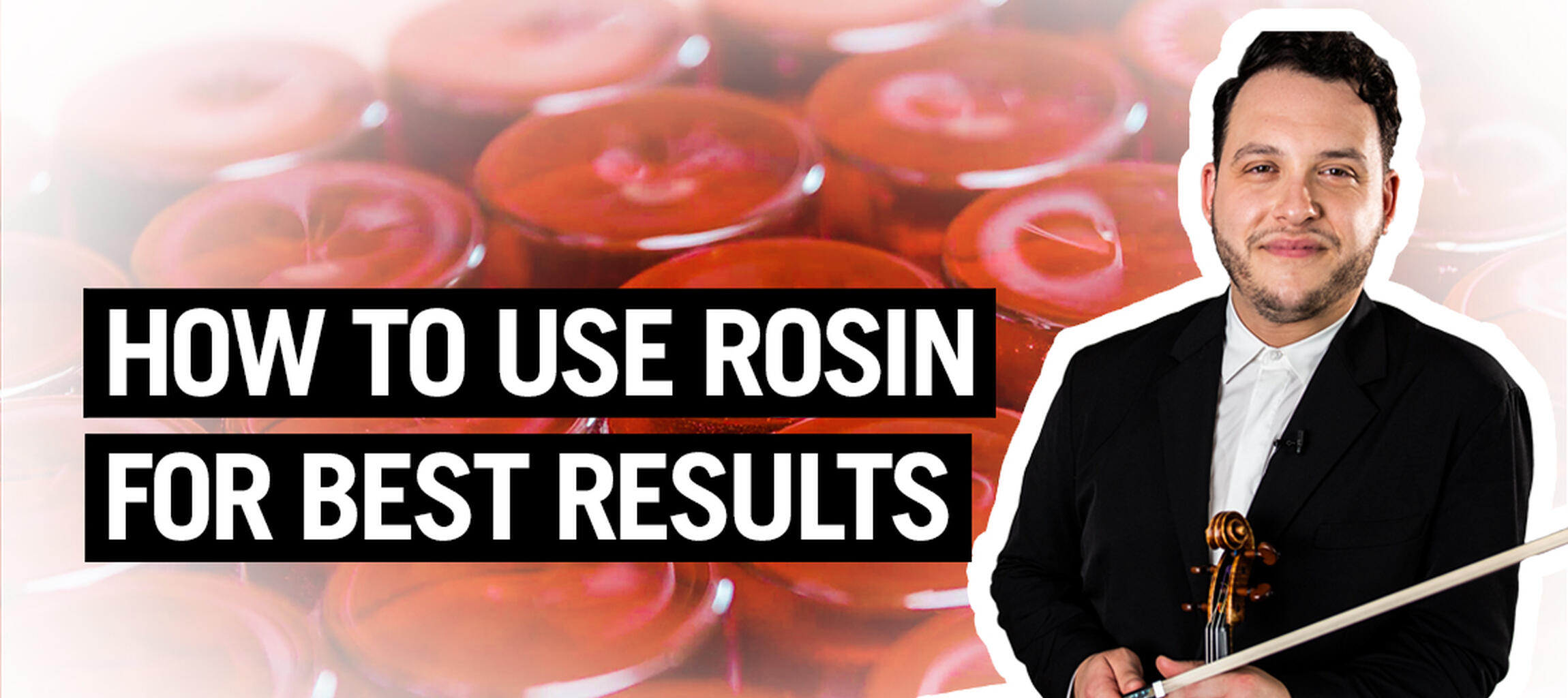Have you spent years mastering the art of string playing but still know little about the ideal way to handle your tools? Are you curious to learn more about the possibilities a high-performance string offers and do you want to optimize your performance in a few simple steps? Stringtelligence offers you an exclusive insight into the science of strings. Find widely unknown tips and tricks of the trade to perfect your sound and elevate your playing to an unexpected level! More than 20,000 words and 19 video tutorials in over 90 chapters: This is string know-how at its best!
Is rosin important?
Often, the importance and effects of rosin and its possibilities are underestimated. Without the appropriate rosin, suitable for the played strings and season, it is hardly possible to fully exploit the sound potential of your instrument. The reason is simple: strings don’t work without rosin! Only when there is sufficient friction and adhesion between the hairs of the bow and the string, a bow can make the string sing.
The basis of rosin is resin, a sticky, viscous substance from trees. To produce rosin, resin is normally obtained from pine, fir, nut pine, spruce or larch trees. Through distillation and refinement with high-quality ingredients, an optimal rosin is then created.
A typical bow is strung using horse hair, although synthetic hairs are increasingly used too. When playing, these bow hairs slide over the string and produce heat. This heat melts the rosin. As soon as it cools, it makes the bow hair stick to the string. The bow hair then moves with the string until the force equilibrium is exceeded. When this happens, the bonded area of “hair-rosin-string” breaks open and the string vibrates back in the other direction. This action produces more heat, the rosin melts and the process starts again. This action is known as the “stick & slip effect”.
Rosin allows the bow hair to grip the string without sounding too hard and coarse. At the same time, it has a direct influence on the response of the bow and can alter the sound of your instrument immensely – this makes it essential for your play!

BACK

 ESPAÑOL
ESPAÑOL